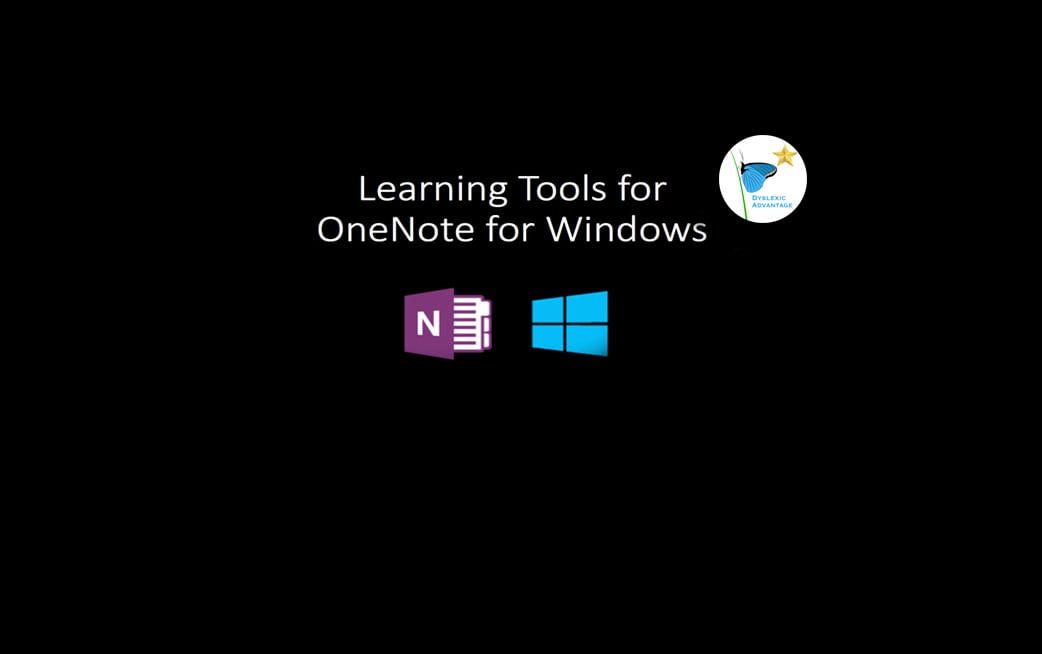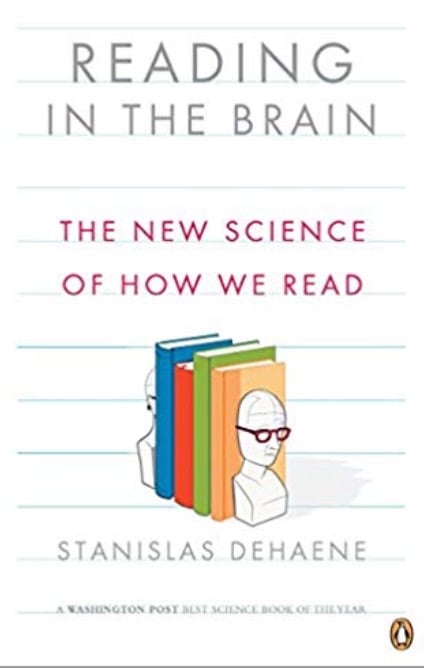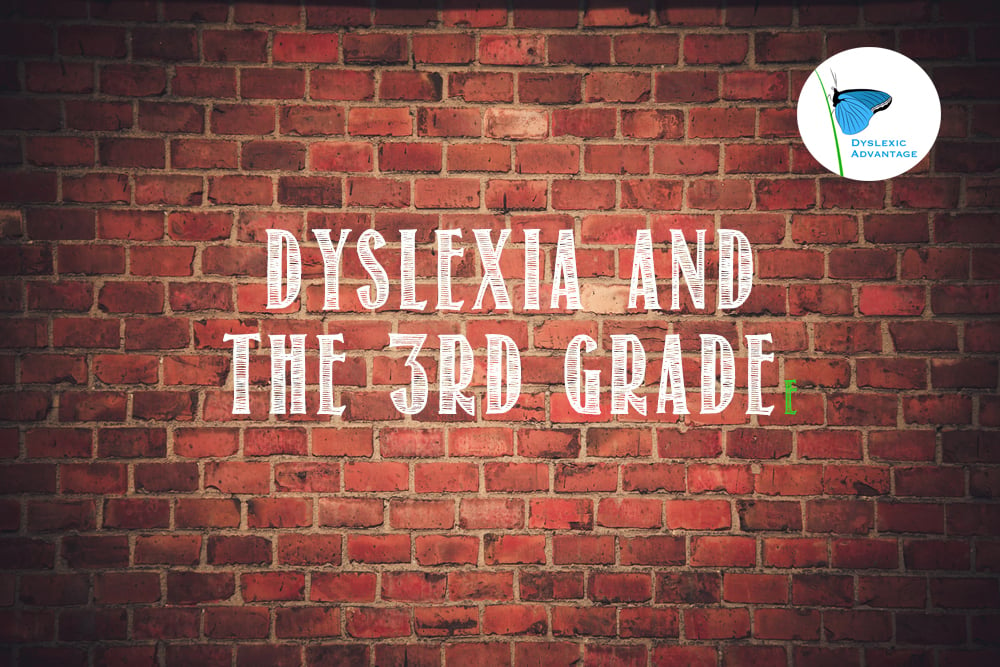Today Microsoft released a great addition to its free organization - productivity app OneNote - and the two nicest things about it...it's Free and it was created with students and adults with dyslexia in mind. As a result, Dyslexic Advantage is proud to announce that...
Positive Strategies for College [PREMIUM]
In a recent research study (abstract only) of dyslexic students at college, the following strategies were mentioned: 1. Go to Lecture and Just Listen. It was common for students to be unable to listen and note-take at the same. Face-to-face lectures were preferred to recorded lectures because audio quality was sometimes bad, and some students need to see the teacher’s face and his or her gestures to fully comprehend what was being said. Request a Note-Taker Early. One student said at times a note-taker had to be requested several weeks in advance (!). Record Notes with the One Note or Audionote App. 2. Prepare for Lecture. For classes where teachers make Powerpoints available before lecture, download and print so notes can be written on them […]
[PREMIUM] TEST-TAKING: DYSLEXIA and MULTIPLE CHOICE
At the secondary and university level, many students with dyslexia may prefer short answer questions to multiple choice. There are many reasons why the multiple choice question format may not be a good estimator of a student’s knowledge. It is very common for the questions and choice answers to be ambiguous. From Biochemical Education: “Writing good multiple choice questions is hard, a fact not appreciated by all teachers and examiners. There is a tendency to use imprecise terms, and even when apparently precise terms such as always and never are used (for example in true/false type tests), it seems that not everyone agrees these are indeed absolutes….In a survey of medical examiners, Holsgrove and Elzubeir found that of 63 respondents, 51 considered that always means […]
[PREMIUM] Reading and Spelling: When Sights and Sounds Don’t Match
TRICKY WORDS: WHEN SIGHTS AND SOUNDS DON’T MATCH Spotlight: Inflectional Suffixes Because many dyslexic students don’t have a visual imprint of words, there are common spelling or pronunciation errors that occur when word endings seem to vary. In most cases, being explicitly taught the different patterns can reduce a great deal of distress later. The technical term “inflectional suffixes” refers to word endings that change a word to make it grammatically correct, but don’t fundamentally change the meaning or the class of words that they are. For example, in the following sentences, the suffixes are shown in red: The dog barks. The dog barked. The endings may reflect whether a noun is singular or plural (e.g. dog or dogs) or whether the action is happening […]
HOW TO READ A WORDLESS PICTURE BOOK
With so much focus on reading for children with dyslexia, the choice of a wordless picture book might seem to be unusual, but it shouldn't be. Dyslexic children should be exposed to wordless picture books at an early age, and also be encouraged to continue read them...
SCIENCE: THE BALANCING ACT OF LITERACY
Dr. Stanislaus Dehaene is a French researcher who has authored Reading and the Brain. He and his research team conducted some interesting investigations into Portuguese and Brazilian adults who they classified into 3 groups: unschooled adults (referred to as...
[PREMIUM] Step-By-Step Beginning Reading Program
Q: I’m a homeschooling mom of 3. There is dyslexia in our family. I’d like to be able to start an inexpensive no-frills reading program with my oldest child who is 9. Are there programs that work that don’t require extensive training? A: Yes. There are effective and inexpensive programs that a parent can work through with a child without a lot of additional training. Premium Subscribers, you must be logged into your Premium account to read the answer below. Any questions? email us here. When many people first hear the words Orton-Gillingham or even multisensory structure language intervention, it seems like a lot of big words that mean specialized training, but there are many programs designed for parents or other partners to teach dyslexic […]
Tips for Engaging with Books – From an Anonymous Adult
This article is aimed at anyone who… is dyslexic, or thinks they might be wishes to help dyslexic adults to engage with books is interested in ways to engage with books What are these tips? 7 things that help me to engage with any book; 3 things that...
Latest Research: Repetition As a Poor Way to Teach Dyslexics [Premium]
In groundbreaking research, researchers at MIT or the Massachusetts Institute of Technology reported that dyslexic children and adults have “a diminished ability to acclimate to a repeated input in their paper titled “Dysfunction of Rapid Neural Adaption in Dyslexia.” Like many research papers, dyslexia is seen through a negative lens (‘dysfunction’) and the take-home points through university press releases, similarly so, however the findings are interesting ones and fit with an evolving picture of dyslexia as a learning difference (rather than disease or disability) that extends beyond reading and has ramifications for many aspects of education. “It’s a difference in the brain that’s not about reading per se, but it’s a difference in perceptual learning that’s pretty broad,” says John Gabrieli, who is the study’s […]
Bridging the Gap to Reading Long Words [Premium]
In our last post, we wrote about the 3rd grade gap or wall. Dyslexic students typically get through the hard slog of phonemic awareness and then parents and teachers breathe a sigh of relief. Many times, the extra work fades away and students are integrated back into their usual classroom routine. All seems well, but a problem may remain. Reading remains effortful and the complexity of the text goes up. Students may not be able to keep up. With little extra help and too little time to complete assignments, the “guess and go” approach may dominate the reading strategy so that the gap between peers increases. A large part of the problem may be that students have not effective strategy to read long words. These problems can come […]
Dyslexia and the Third Grade Wall
If you're not aware if the '3rd Grade Wall', you can get blind-sided. A recurring theme that we hear about when we interview accomplished dyslexic men and women is the trouble and failure (often grade retention) that happens in the 3rd grade. Why? What's the big deal...
How To Become Invincible – Sort Of
Well, maybe not invincible, but you know what we mean. There's a new idea circulating among business leaders and entrepreneurs. It's not mindset or grit, but of course those are important. It's rejection therapy. Some people think part of the reason for higher than...


![Positive Strategies for College [PREMIUM]](https://www.dyslexicadvantage.org/wp-content/uploads/2018/01/Screen-Shot-2019-08-30-at-1.03.04-PM.jpg)
![[PREMIUM] TEST-TAKING: DYSLEXIA and MULTIPLE CHOICE](https://www.dyslexicadvantage.org/wp-content/uploads/2017/12/shutterstock_1153156547.jpg)
![[PREMIUM] Reading and Spelling: When Sights and Sounds Don’t Match](https://www.dyslexicadvantage.org/wp-content/uploads/2017/12/Screen-Shot-2019-08-31-at-2.19.00-PM.jpg)


![[PREMIUM] Step-By-Step Beginning Reading Program](https://www.dyslexicadvantage.org/wp-content/uploads/2017/08/Screen-Shot-2019-09-01-at-8.50.02-AM.jpg)

![Latest Research: Repetition As a Poor Way to Teach Dyslexics [Premium]](https://www.dyslexicadvantage.org/wp-content/uploads/2016/12/shutterstock_133874900.jpg)
![Bridging the Gap to Reading Long Words [Premium]](https://www.dyslexicadvantage.org/wp-content/uploads/2016/11/Screen-Shot-2016-11-04-at-9.52.37-AM.jpg)















